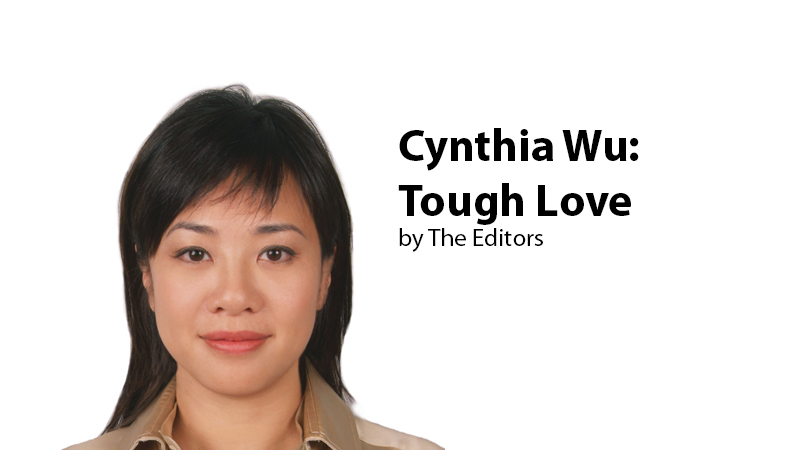



“We were always doing volunteer work when we were growing up, and I wanted to learn more about the nonprofit landscape,” said Cynthia Wu, who was just 24 when she signed up for The Philanthropy Workshop. “But when I came back to Taiwan [from New York], I was given this foundation. I wanted to get a director, but my father said, ‘No, we’re not going to spend money on that. You’re going to be the director.’”
Wu’s family controls a sprawling Taiwanese conglomerate, Shin Kong Financial Holding, and the company’s Shin Kong Life Foundation has made about $54 million in grants over 22 years. But despite deep roots on the island, Wu said it was far from the kind strategic enterprise that she had had been taught to appreciate at TPW.
“This foundation was essentially just cutting checks,” she said. “The mission was simple: help the sick, the weak, the old – we were giving in a kind of scattershot way. If people were in trouble, they’d call us, and the P.R. department would cut a check. It’s been functioning, but not in the way that I was taught by Sal [LaSpada, the former director of The Philanthropy Workshop].”
Wu’s first decision was to abandon the customary reliance on company volunteers, and hire some staff. “People said, staff? What do you need staff for? The phone only rings twice a day!’,” she recalled with a laugh.
But the real fun started when she began to inspect the books. “It got kind of ugly,” she said. “I had to cut a lot of the funding. I went through the list of grants and found a lot of stuff that wasn’t in the mission statement at all – like, $300,000 for choir groups! They’d gotten money for pianos, for lessons, for everything. These were not people in need. These ladies had nothing to do. It was more of a social thing.
“And then I found out that the vice-chairman’s wife was the founder of this group. So you can imagine the toes I had to step on. He had 450 ladies complaining to him!”
Wu forged ahead. Concerned with women’s health (an often-taboo subject in Taiwan), she launched breast cancer awareness programs. Worried about the forgotten elderly, she began outreach and oral history projects. Alarmed by the poverty of Taiwan’s small indigenous population, she earmarked health care and education programs for them.
All along, she sought to bring Western, TPW-inspired strategic thinking to a foundation steeped in Chinese tradition – a big leap from cutting annual checks for the local four-wheel-drive club. “I think we can take a lot more risks,” she said. “It’s a privilege to do that. We’re not a government agency. We’re not restricted by the bureaucracy. We can do experiments, like a lab. That’s the vision that I have.”
But Wu’s vision remained contentious – “always under attack,” she recalled – and her father kept his own counsel. “He never said much,” Wu said. “For two years, he was just watching.” The moment of truth came at a recent board meeting, where Wu’s performance as director was to be evaluated. After she and her staff made a formal presentation, describing two years of activity, several company elders (including the embattled vice-chairman) decried her decisions. Wu, just 27, began to think that her days as the foundation’s director were over.
Then her father stood up. “My father actually spoke out on my behalf!” Wu said, her voice betraying both surprise and pride. “He said, ‘Times must change, and things can be done differently. Let us see a show of hands to see how we think Cynthia is doing.’” She was re-elected.